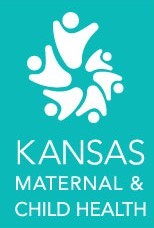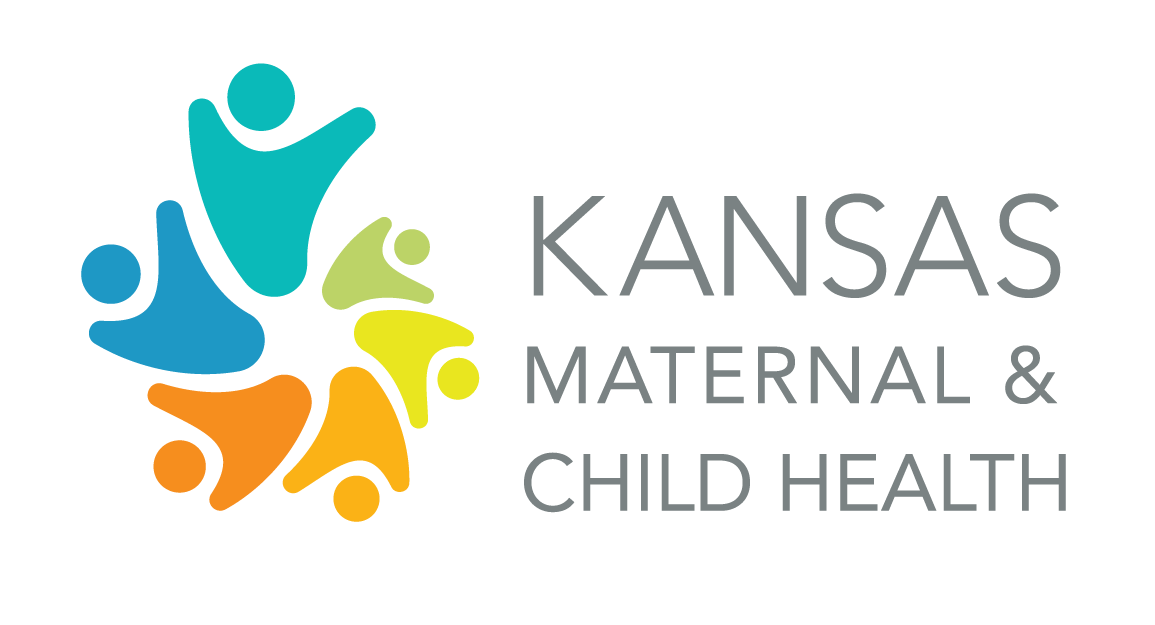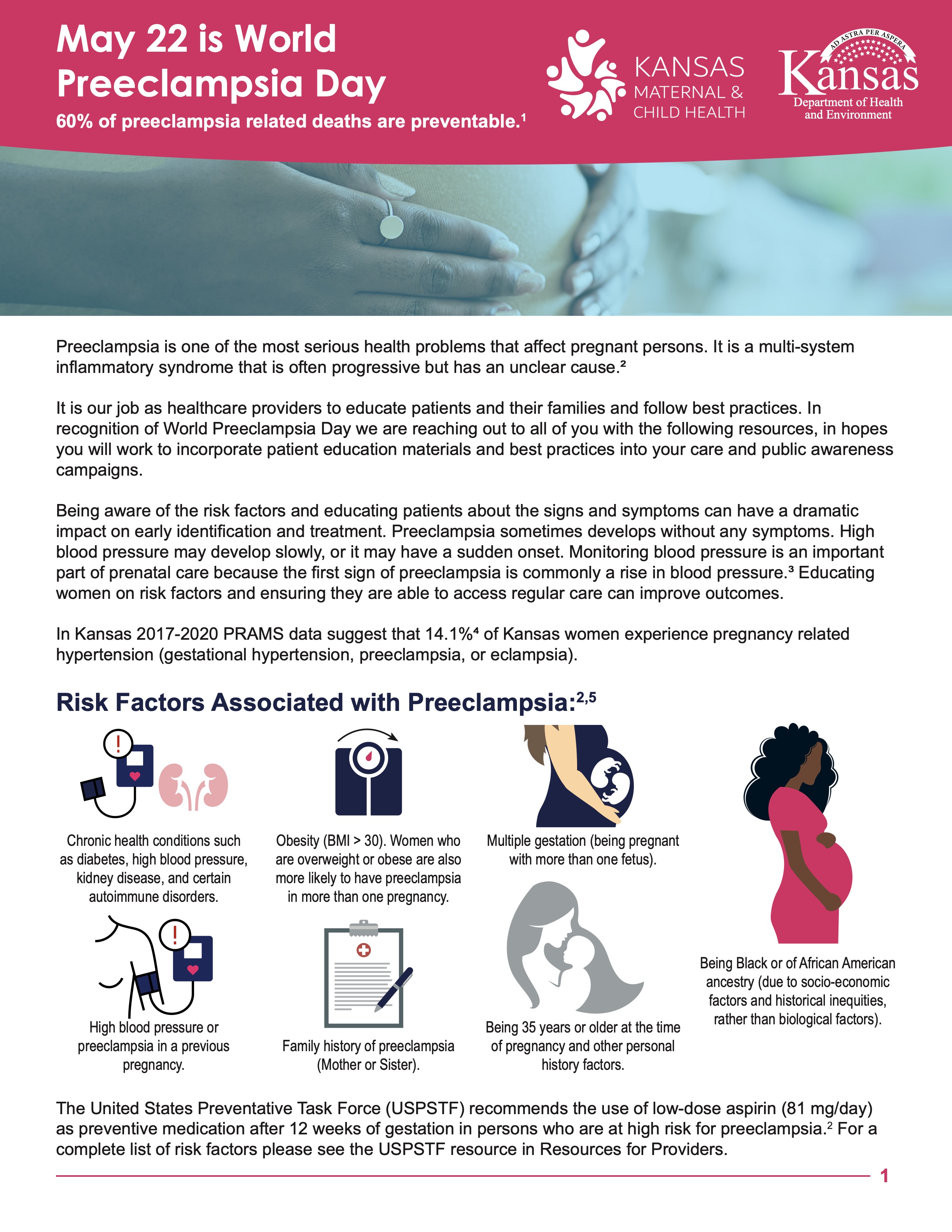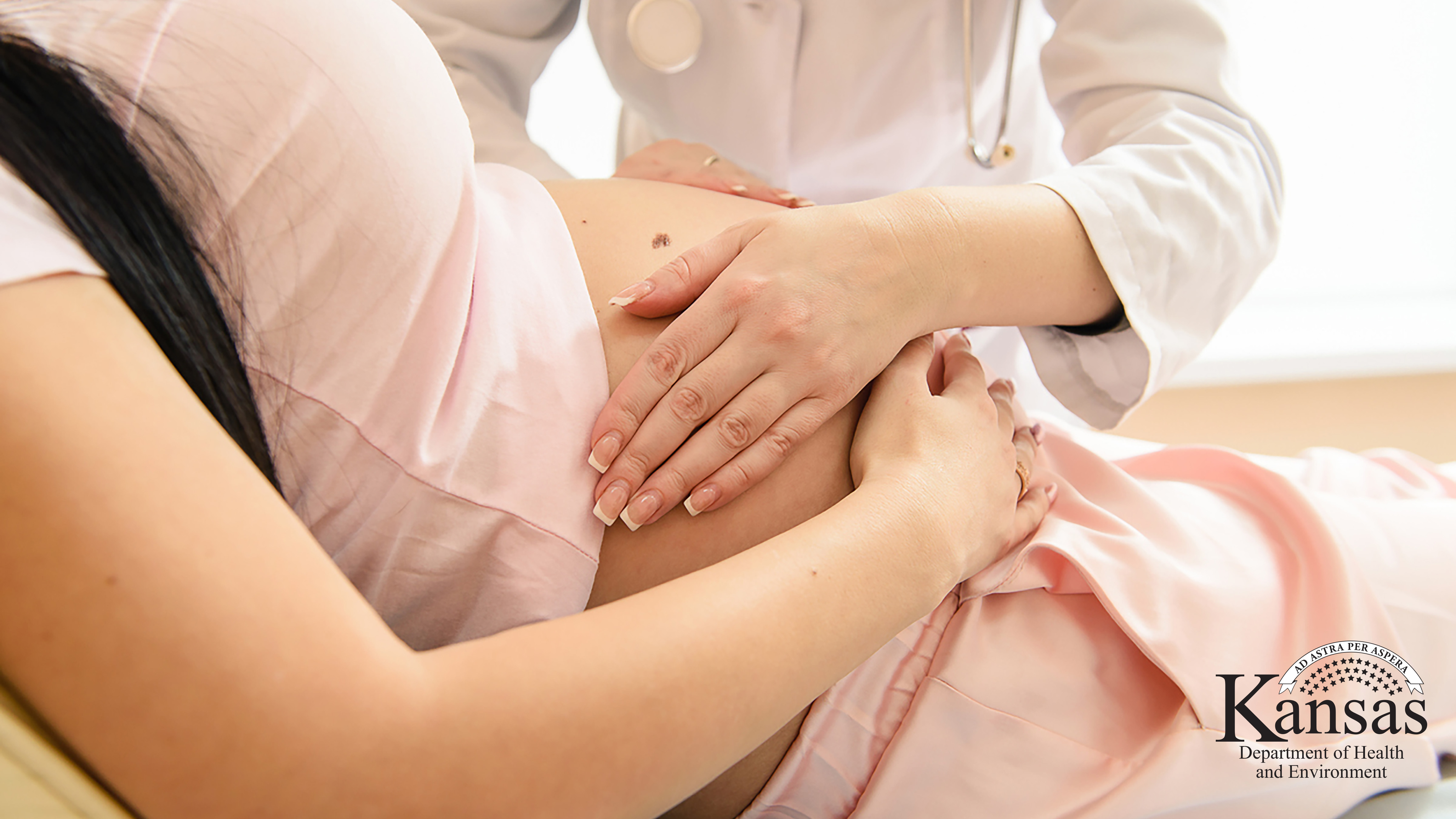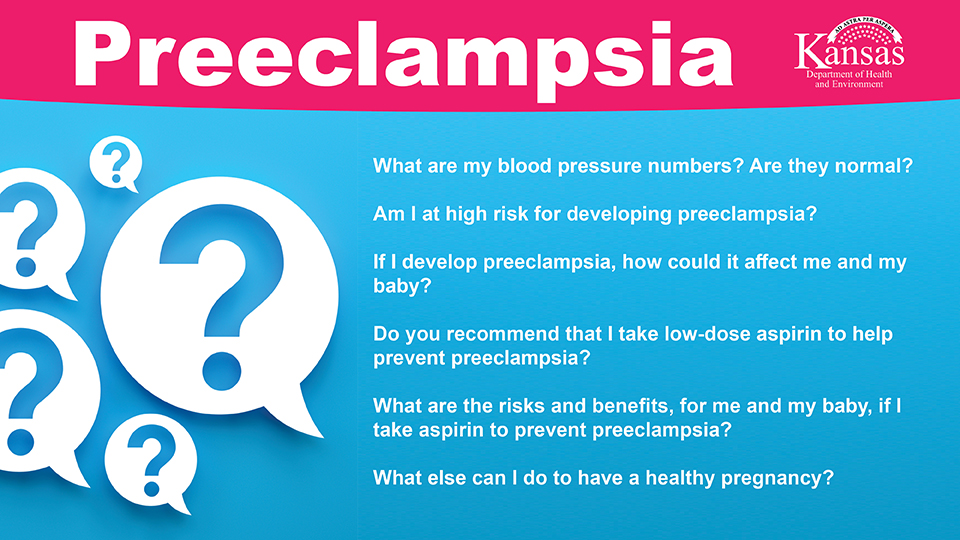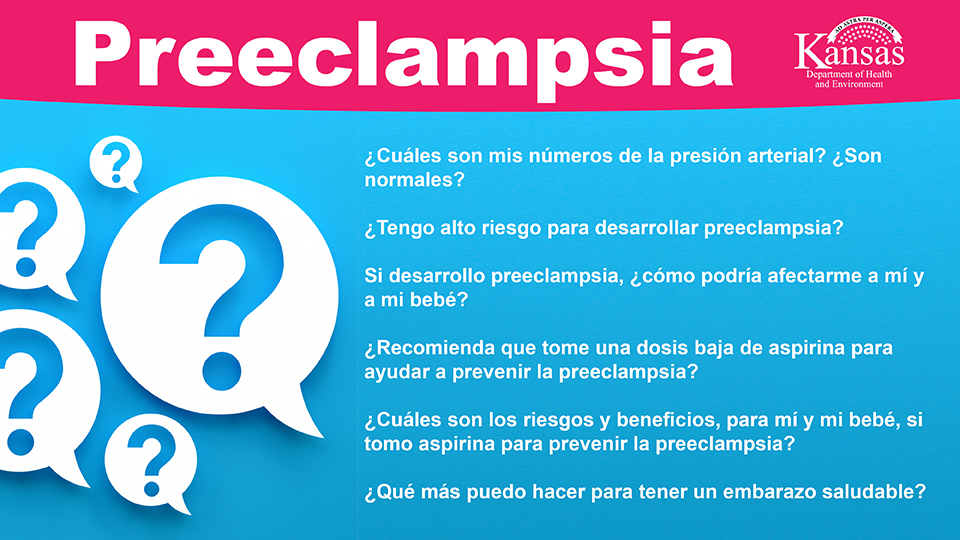Skip to main content
More than half of all preeclampsia deaths are preventable, and education is an important part in reducing those numbers. Included in this action alert are statistics, client resources such as handouts and videos, best-practice guidance, and pre-made social media posts that we hope will assist you in rolling out awareness about preeclampsia with the families you serve. May 22 is Preeclampsia Awareness Day, but awareness can be raised year-round using this toolkit.
Below are social media and video resources. View the full toolkit PDF
Social Media Graphics
Social Media Messages
-
May is National Preeclampsia Awareness Month - 60% of maternal deaths due to #Preeclampsia are preventable. Let's ensure every mother in any pregnancy knows the signs and symptoms of preeclampsia. Learn more at preeclampsia.org #PreeclampsiaAwarenessMonth
Mayo es el Mes Nacional de Concientización sobre la Preeclampsia - el 60% de las muertes maternas debido a la #Preeclampsia son prevenibles. Asegurémonos de que todas las madres en cualquier embarazo conozcan los signos y los síntomas de la preeclampsia. Conozca más en preeclampsia.org #PreeclampsiaAwarenessMonth -
Know the symptoms of #preeclampsia: severe headache, swelling in the hands and face, visual issues, nausea and vomiting, stomach or abdomen pain, sudden weight gain, and/or shortness of breath. Preeclampsia can occur in any pregnancy, so all moms need to know. #PreeclampsiaAwarenessMonth
Conozca los síntomas de la #preeclampsia: dolor de cabeza intenso, hinchazón de las manos y la cara, problemas visuales, náusea y vómitos, dolor estomacal o abdominal, aumento de peso repentino y/o falta de aliento. La preeclampsia se puede presentar en cualquier embarazo, así que, todas las madres deben saber al respecto. #PreeclampsiaAwarenessMonth -
Postpartum preeclampsia can happen up to six weeks postpartum. It's important that women pay attention to specific postpartum symptoms, including severe headache, vision changes, swelling of the hands and face, and especially difficulty breathing. Help share this video to educate others on what they need to know: stillatrisk.org #PreeclampsiaAwarenessMonth
La preeclampsia después del parto se puede presentar hasta seis semanas después del alumbramiento. Es importante que las mujeres presten atención a síntomas específicos después del parto, incluyendo dolor de cabeza intenso, cambios en la visión, hinchazón de las manos y la cara, y especialmente dificultad para respirar. Ayude compartiendo este video para educar a otras personas sobre lo que necesitan saber: stillatrisk.org #PreeclampsiaAwarenessMonth -
All women need to know the risk factors for developing high blood pressure during pregnancy - and that you can also have no risk factors, but still may develop it. Talk to your doctor and attend regular appointments which will check for signs of #Preeclampsia that may not have obvious symptoms, like protein in your urine. #PreeclampsiaAwarenessMonth
Todas las mujeres necesitan conocer los factores de riesgo para desarrollar presión arterial alta durante el embarazo, y que usted puede no tener factores de riesgo, pero aun así desarrollarla. Converse con su médico y asista a sus citas regulares en donde revisarán si hay signos de #Preeclampsia que probablemente no sean los síntomas obvios, como la presencia de proteína en la orina. #PreeclampsiaAwarenessMonth -
Kansas Pregnancy Risk Assessment Monitoring System (PRAMS) shows that Non-Hispanic Black women report a higher rate of developing pregnancy related hypertension, preeclampsia, and eclampsia, steps can be taken to help decrease the risk. It is vitally important for you to access prenatal care and prenatal education early in your pregnancy! #PreeclampsiaAwarenessMonth
El Sistema de Evaluación y Monitoreo de Riesgos en el Embarazo (PRAMS, por sus siglas en inglés) de Kansas muestra que las mujeres afroamericanas no hispanas reportan una tasa más alta de desarrollo de hipertensión, preeclampsia y eclampsia relacionadas con el embarazo, e indica las medidas que se pueden tomar para ayudar a disminuir el riesgo. Es de suma importancia que tenga acceso a atención y educación prenatales ¡al inicio del embarazo! #PreeclampsiaAwarenessMonth -
What do I ask the doctor about #Preeclampsia?
¿Qué le pregunto al médico acerca de la #Preeclampsia?
Videos
More Videos
- Postpartum Preeclampsia - You Are Still at Risk After Your Baby is Born
- Joan Donnelly's Story - Postpartum Preeclampsia
Patient Education Resources
Websites
- Preeclampsia Foundation - Information for Women and Families
- March of Dimes - Information on Preeclampsia
- Preeclampsia Foundation - Postpartum Preeclampsia
- Support for Survivors of Preeclampsia
Handouts/Posters
- Preeclampsia Fact Sheet
- Health Action Sheet - Low-dose aspirin to prevent preeclampsia and premature birth
- Poster - Act Early! Screen Early!
Infographics
- What Women Need to Know About Preeclampsia
- Postpartum Preeclampsia - You are Still at Risk
- After Delivery - Recognizing These Signs Can Save Your Life
- Mental Health Effects of Preeclampsia and HELLP Syndrome
- Take Heart-Take Care
Best Practice and Guidance Resources for Providers
Practice Guidelines
- Preeclampsia Foundation - Best Practices for Healthcare Providers
- U.S. Preventive Services Task Force (USPSTF) - Final Recommendation Statement on Preeclampsia Screening
Current Guidelines on Low-Dose Aspirin
- Preeclampsia Foundation - Ask About Aspirin
- USPSTF - Recommendation Statement on Low-Dose Aspirin Use (2019 update in progress)
- ACOG Committee Opinion on Aspirin for Preeclampsia
Managing Preeclampsia and Eclampsia
Hypertension Safety Bundle
Websites on Awareness
